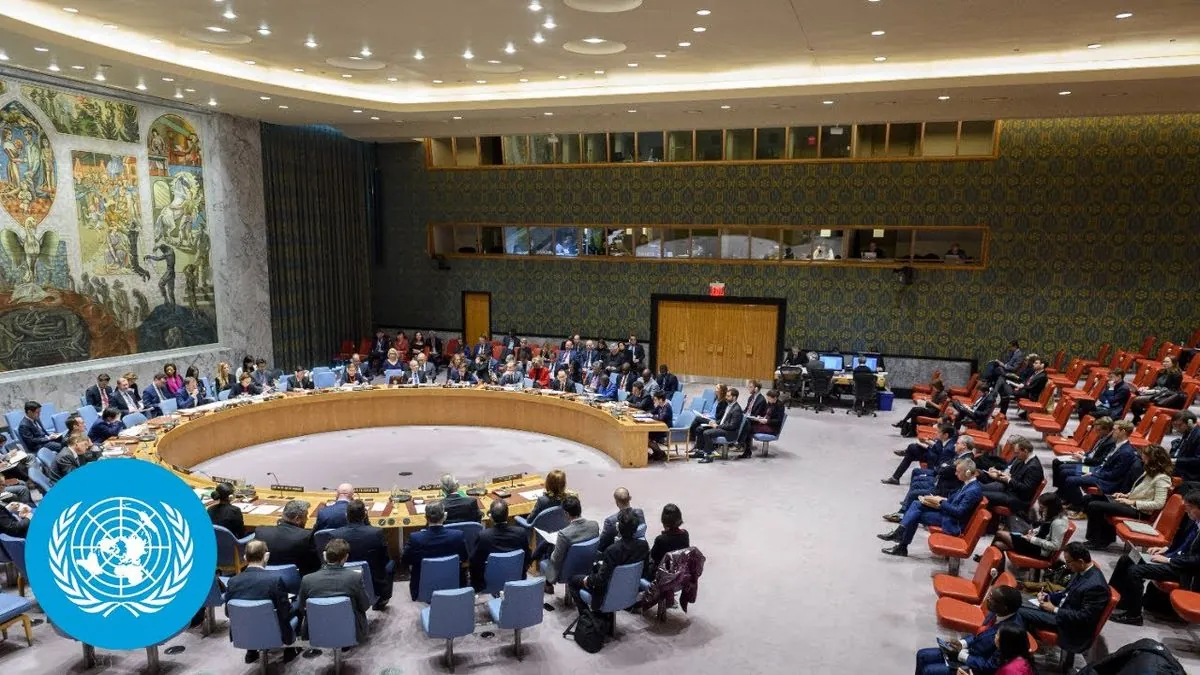The United Nations Security Council has taken decisive action to address the escalating situation along the Lebanon-Israel border. In a unanimous decision, the 15-member council approved a resolution calling for an immediate cessation of hostilities between Hezbollah militants and Israeli forces. This move comes as tensions in the region continue to rise, with the council expressing grave concern over the potential for a more widespread conflict.
The resolution, which emphasizes the need for "calm, restraint, and stability" along the UN-demarcated boundary, also extended the mandate of the United Nations Interim Force in Lebanon (UNIFIL) for another year. UNIFIL, established in 1978, has been a crucial presence in the region for over four decades, with its mission expanding following the 2006 Lebanon War.
UNIFIL's role has been to oversee the withdrawal of Israeli troops from southern Lebanon and to assist the Lebanese military in extending its authority into the country's south. However, the peacekeeping force has faced challenges and criticism from both sides. Hezbollah supporters have accused UNIFIL of colluding with Israel, while Israeli authorities have claimed that the peacekeepers turn a blind eye to Hezbollah's military activities in southern Lebanon.
The ongoing clashes have not spared UNIFIL, with several incidents reported involving its facilities and personnel. Earlier this month, three peacekeepers were lightly injured when an explosion occurred near their vehicle during a patrol.
"The Security Council demands an immediate halt to all attacks and provocative actions along the Blue Line, urging all parties to exercise maximum restraint and prevent any escalation that could lead to a wider regional conflict."
The current situation along the Lebanon-Israel border, which spans approximately 120 kilometers, remains tense. UNIFIL, with its strength of about 10,000 peacekeepers from 46 countries, continues to play a crucial role in maintaining stability in the region. The force's annual budget of approximately $480 million underscores the international community's commitment to peace in this volatile area.
It's worth noting that the history of this conflict dates back decades. Lebanon gained independence from France in 1943, and Israel withdrew from southern Lebanon in 2000 after an 18-year occupation. Hezbollah, founded in 1985 during the Lebanese Civil War, has been a significant factor in the region's geopolitics.
As the UN Security Council, led by its five permanent members (China, France, Russia, the UK, and the USA), continues to monitor the situation, the international community remains hopeful that this latest resolution will pave the way for lasting peace and stability in the region.
